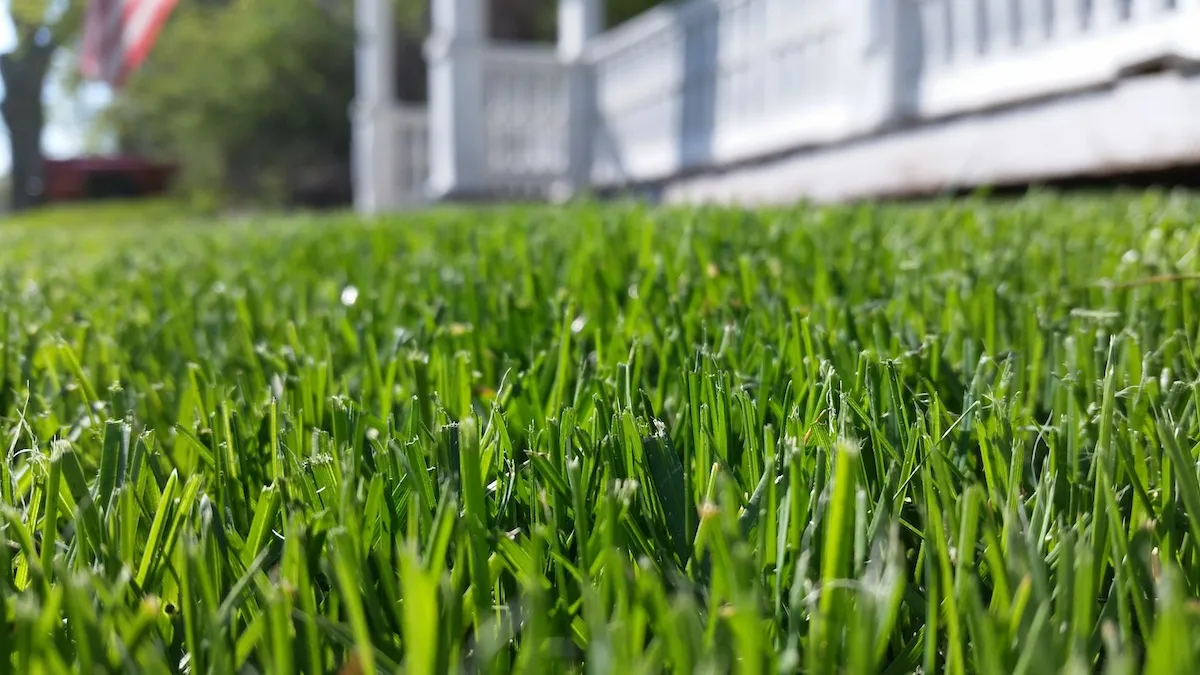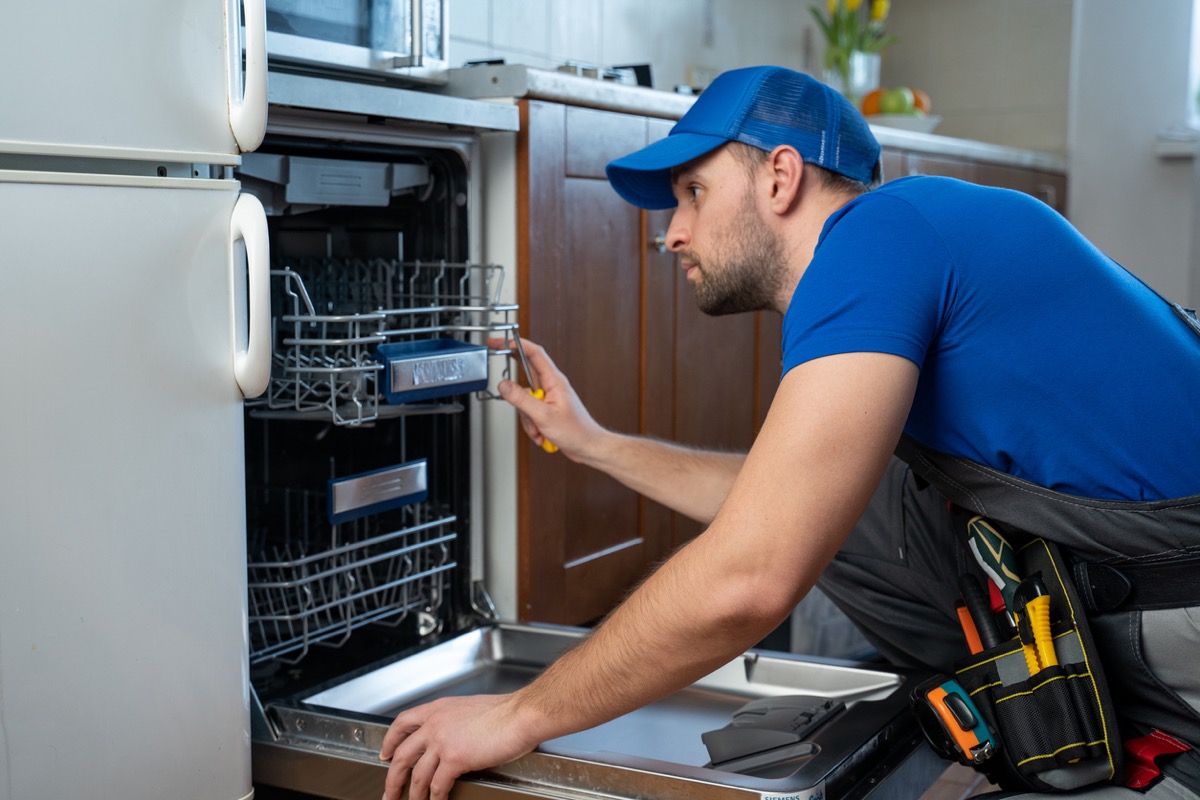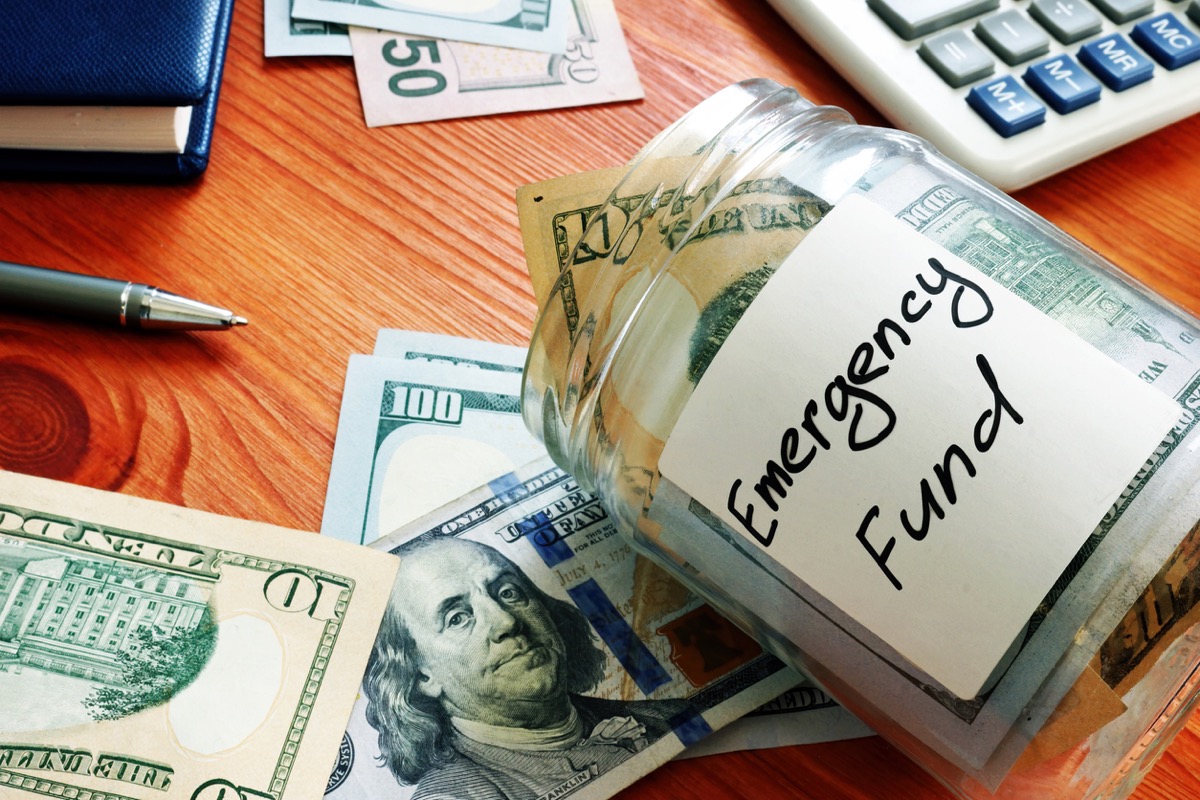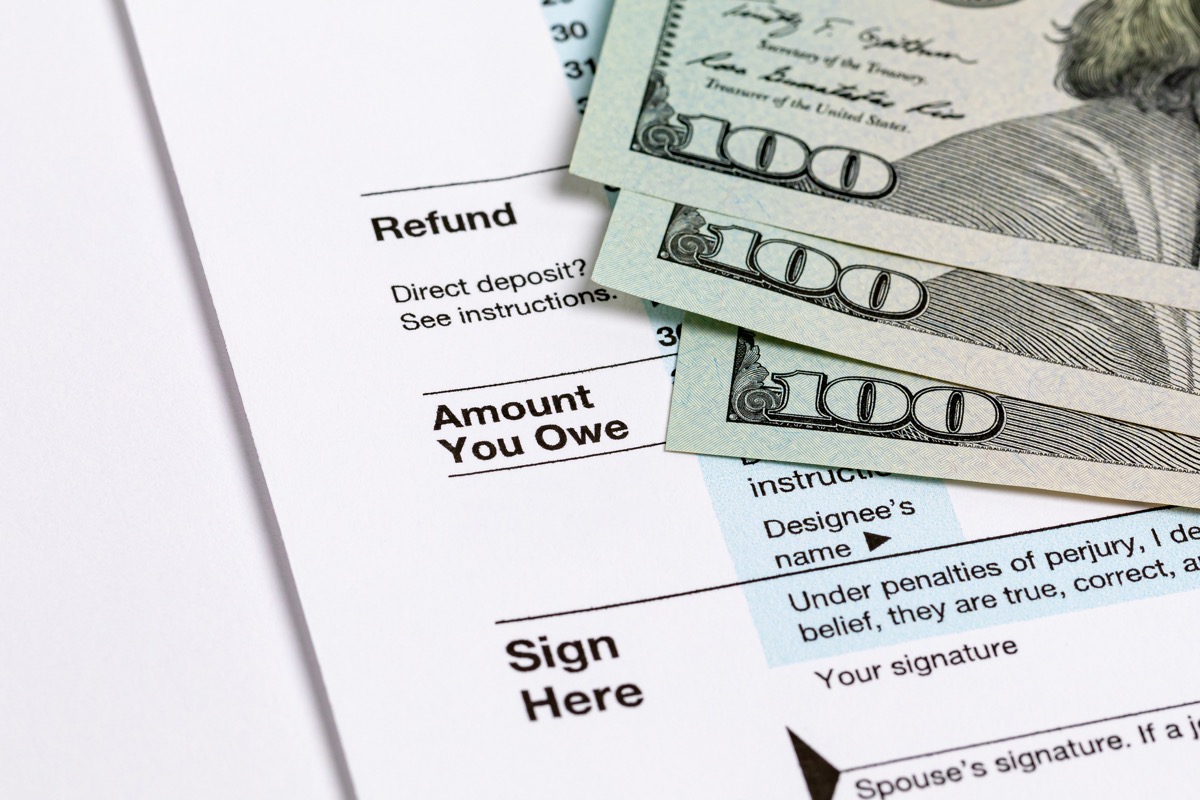The Hidden Costs of Owning a Home: 7 Best Ways to Budget for Unexpected Expenses

Owning a home is a great investment, but it can come at a high price. Everyday expenses can add up, but so can hidden costs (think: home repairs, property taxes, utilities, appliance repair, and more) that you may not have factored into your budget. These sudden setbacks can rack up to nearly $15,000 a year in additional costs for homeowners, according to a report from Zillow and Thumbtack. Here are seven ways to budget for unexpected expenses from experts so you can properly afford the hidden costs of homeownership.
RELATED: 7 Home Improvements That Are Actually Ruining Your Property.
1. Create a Home Maintenance Fund

Yawar Charlie, a senior real estate agent, director of Aaron Kirman Group’s estates division, and a cast member of CNBC’s Listing Impossible, emphasizes starting an “emergency piggy bank” for your home.
“Aim to save 1-3% of your home’s value annually,” he suggests. “So, if your fabulous abode is worth $1,000,000, stash away $10,000 to $30,000 each year for maintenance. This fund is your go-to for everything from fixing a leaky faucet to replacing that old roof. Trust me, future you will thank you!”
Shawn Plummer, financial advisor and CEO of The Annuity Expert, also advises putting money aside each month and suggests starting a sinking fund.
“A sinking fund involves saving a small amount each month for specific, anticipated expenses like home repairs or appliance replacements,” he says. “By setting aside $100 a month, homeowners build a dedicated reserve over time. This method helps avoid financial surprises by preparing for eventual costs gradually.”
2. Plan for Seasonal Maintenance

Another cost homeowners can overlook is outdoor maintenance, Charlie says. It’s important to keep up with regular cleaning and repair services like gutter cleaning, HVAC servicing, and lawn care.
“These might seem like small expenses, but they add up and prevent bigger, more expensive problems down the line,” he says. “Plus, who doesn’t love a well-manicured lawn?”
RELATED: How to Make Your Lawn Thick and Green.
3. Use a Home Warranty

Buying a home warranty is worth the price because it can cover major systems and appliances in your home, Plummer explains.
“This annual policy typically costs between $300 and $600 and can save thousands in repair or replacement costs. It’s a proactive way to manage potential expenses with predictable yearly payments.”
Charlie agrees. “Homeowners insurance is a must, but don’t just settle for the basics,” he says. “Make sure you’re covered against common risks in your area, like earthquakes, floods, or hurricanes. It might cost a bit more upfront, but having the right coverage can save you from financial disaster.”
4. Build an Emergency Fund

Generating as much savings as possible ensures you’re always covered for the unexpected.
“This fund should cover three to six months’ worth of living expenses, including mortgage payments, utilities, and other essentials,” Charlie says. “Life can throw some curveballs, and this cushion will give you peace of mind when things get rocky.”
RELATED: 5 Red Flags That a Home Is a Money Pit.
5. Budget for Property Taxes

Waiting until your annual property taxes are due to scrape up the money is never a good idea. You should make sure to set aside money each month in preparation for this expense, the experts say.
“Depending on your location, property taxes can be quite substantial,” Charlie says. “For instance, if your annual property tax bill is $12,000, you should be putting away $1,000 each month. It’s all about avoiding that year-end scramble.”
6. Keep a Budget for Utility Bills

You know how, in summer, your electricity bill goes up because you’re using the air conditioning more? And in winter, your gas bill may be higher in order to fuel your fireplace? Plan for these changes.
“Budget a little extra for your utility bills to cover those spikes during scorching summers or chilly winters,” Charlie says. “And hey, investing in energy-efficient appliances and home improvements can help lower your bills over time—saving money and the planet? Win-win!”
RELATED: 10 Warnings About Using TurboTax, According to Experts.
7. Change Your Mindset

Buying a home isn’t just about paying a mortgage every month. There’s much more to consider in the overall expense package, so adjust your thinking to become more accustomed to regular and surprise costs.
“By setting aside funds for maintenance, emergencies, seasonal expenses, property taxes, and adequate insurance, you can be better prepared for the unexpected and enjoy your home without financial stress,” Charlie explains. “Plan ahead, stay savvy, and turn your house into the ultimate haven.”